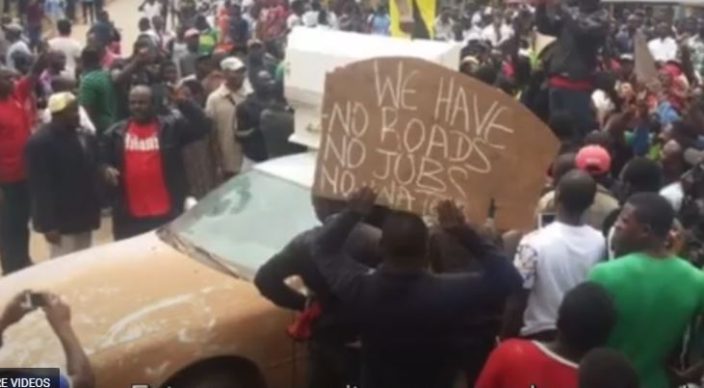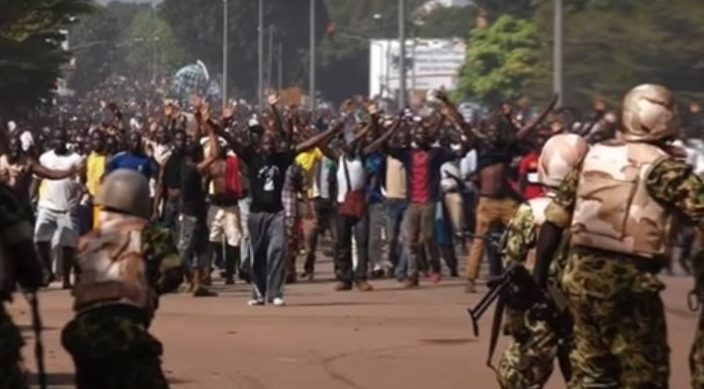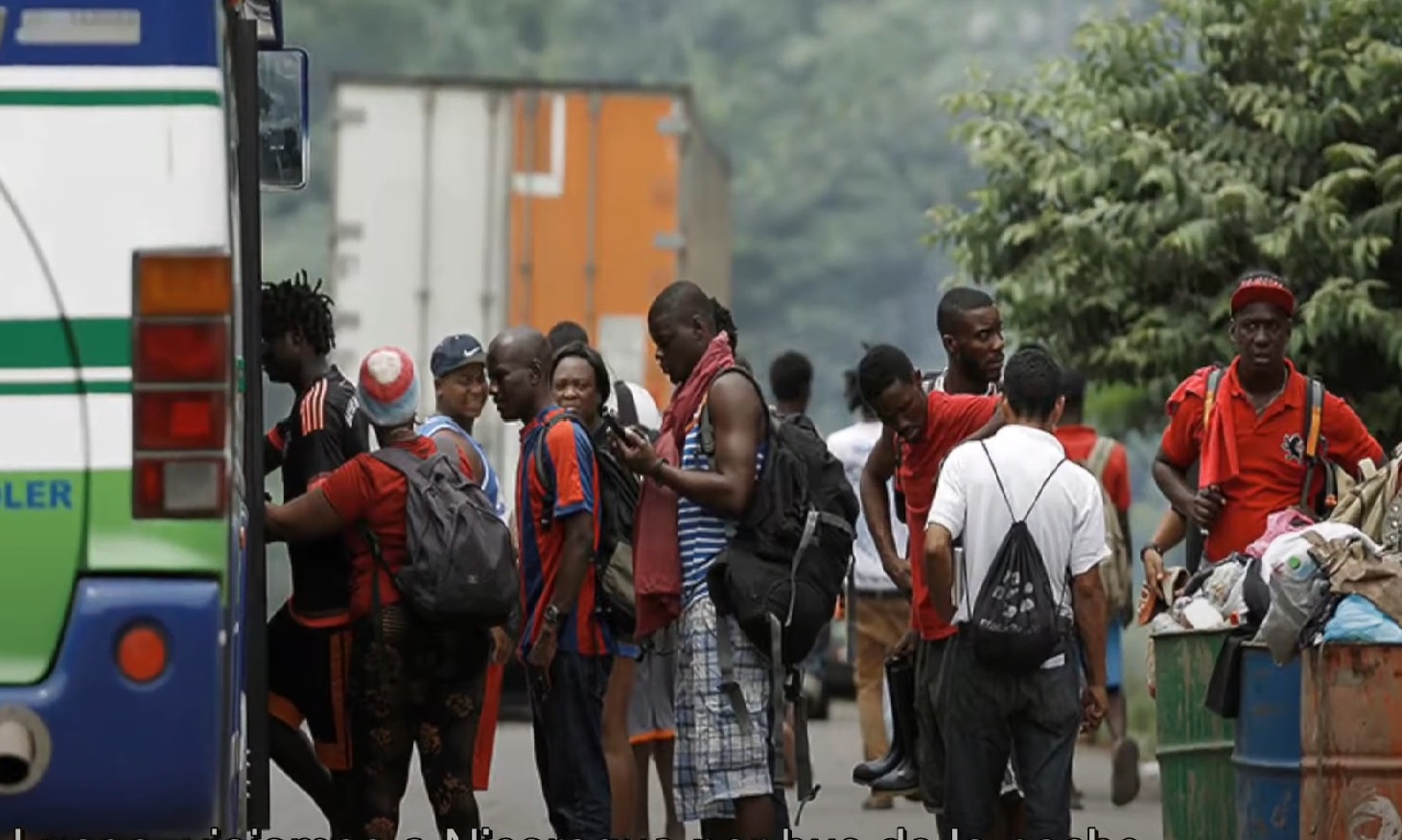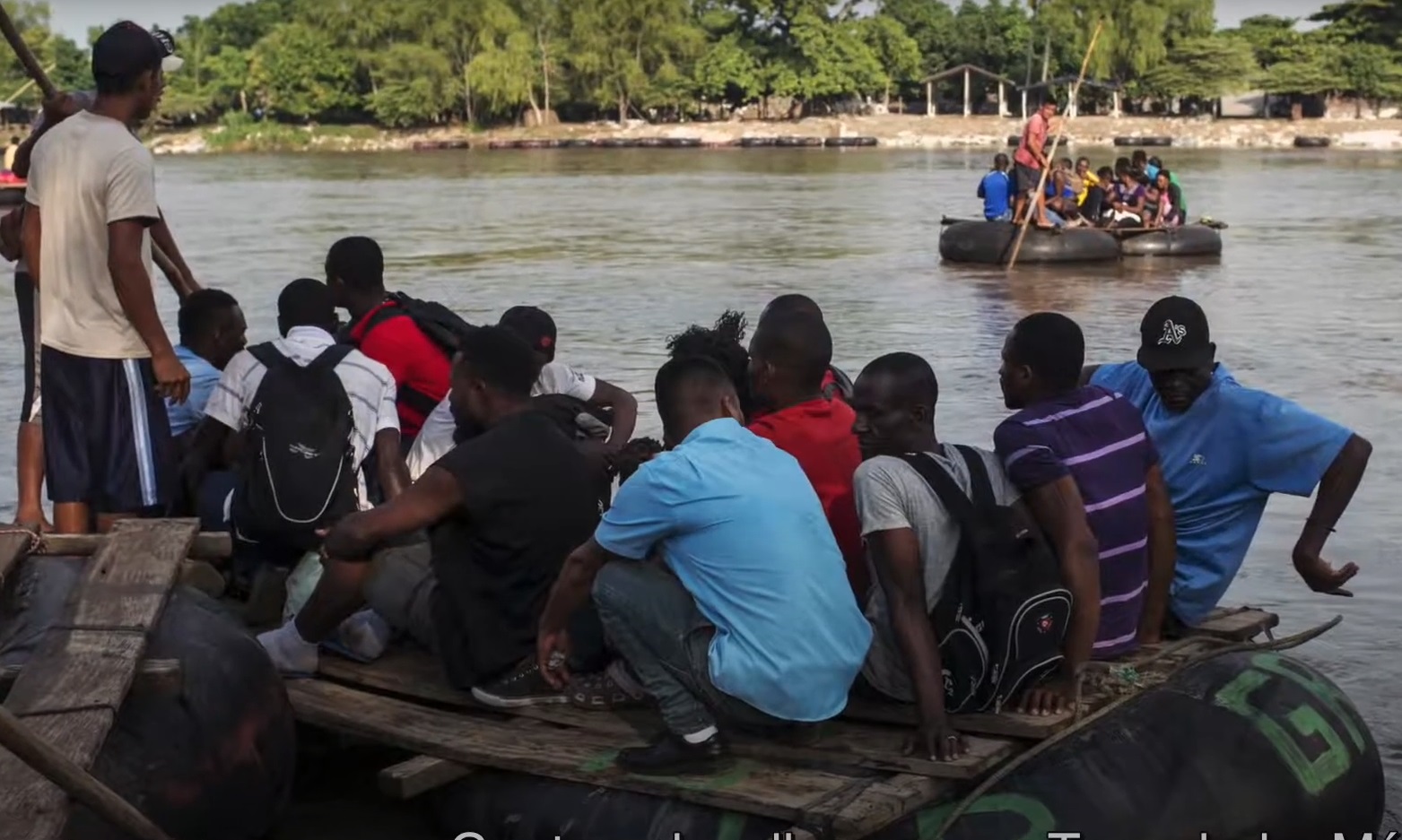Alan, a migrant from Cameroon, flew to Ecuador and crossed seven countries (and the Darién Gap between Panama and Colombia) to reach Mexico in hope of asking for asylum at the San Ysidro (San Diego) Border Crossing.
My name is Alan, and I am from the English-speaking part of Cameroon. Cameroon is made of 10 regions two English regions and eight Francophone regions. All my life I’ve lived in Cameroon, but things are getting bad due to the Anglophone marginalization.
My dream of the future was to enroll in public service. But due to Anglophone marginalization, Anglophones did not have the privilege to work in such a job, so all my dreams were shattered from that.
In 2016 when Anglophones were tired of being marginalized, we had to go to the streets to protest.”
Also, lawyers and teachers joined in protest. We were not armed but the military bombed us with arms and started shooting teargas and live bullets. Many people lost their lives. That is how I was arrested, and I was locked up for about two days. Thank God, and the intervention of a lawyer relative, and my family who stood by me, until I was out. (I was again incarcerated for two weeks, six months later.) I had a savior: one of my father’s friends was in the military, and he intervened. I was released. I could no longer stay again in Cameroon.


With much struggle I stayed in Nigeria for almost a month, but my life was not in good condition. Later, I was advised by some friends I met in Nigeria about Ecuador, that Ecuador was visa-free with a Cameroonian passport. Again, I called my lawyer relative to send me some money to pay my flight to Ecuador. Upon arriving in Ecuador, I stamped an entry visa. Next, I moved on to Colombia. I passed through the deadly jungle in Panama and spent about five days in the Darien Gap. It was not easy in the jungle. The second day I encountered a fresh corpse and I was so demoralized about the whole situation. I said to myself, I am running from my country, and even here I see my people.
“We don’t know whether we are going ahead or we are going behind. We don’t know.”
We stayed there in Panama for ten days. They issued me a pass to go to the next country. In Costa Rica I had no problems because immigration issues documents within six hours, good for 25 days.


I kept moving to Nicaragua. We have to pay a fine of US$150.00 in order to acquire the visa to pass through Nicaragua. Guatemala didn’t issue any immigration pass. Nothing, nothing. So we just passed through Guatemala without any documents. We succeeded in passing through Guatemala, arriving in Mexico. Living conditions are really horrible. A lot of illnesses, and airborne diseases.
It was not easy staying at that camp. I, myself was sick the ten days I spent there. I thought I’m going to die. By the grace of God, we succeeded and we were issued a pass. That was the 11th of June. The problem was to go to Tijuana, to the border to get a number to enter America. I get confused now. There have been many challenges with the Mexican immigration system with our documents. Almost a month of misspelled names and no support. I’ve been upset about the whole situation.
The thought of having one’s dreams of public service shattered because of bigoted policies is something many may relate to. Marginalization happens in different manners to different people and, sadly, is widespread. Jesus modelled, and the Church continues to teach, that instead of marginalizing others, we are called to stay in relationship with all of creation. Alan’s migration crossing two continents and walking through seven countries to get to the border of the US in search of dignity echoes back to the pilgrims on the “Mayflower” and the millions of migrants that continue come to this country.
Hear the narration of this migrant story and many more through our partner, Humanizando La Deportación, a community-based digital storytelling project that documents the human consequences of contemporary regimes of migration and border control in the United States and Mexico. Humanizando La Deportación has been collecting and producing these stories since early 2017, with funding from various grants, and institutional sponsorships from both the University of California, Davis and five Mexican partner institutions.
Adolfo Mercado, OFM
Franciscan School of Theology
University of San Diego

